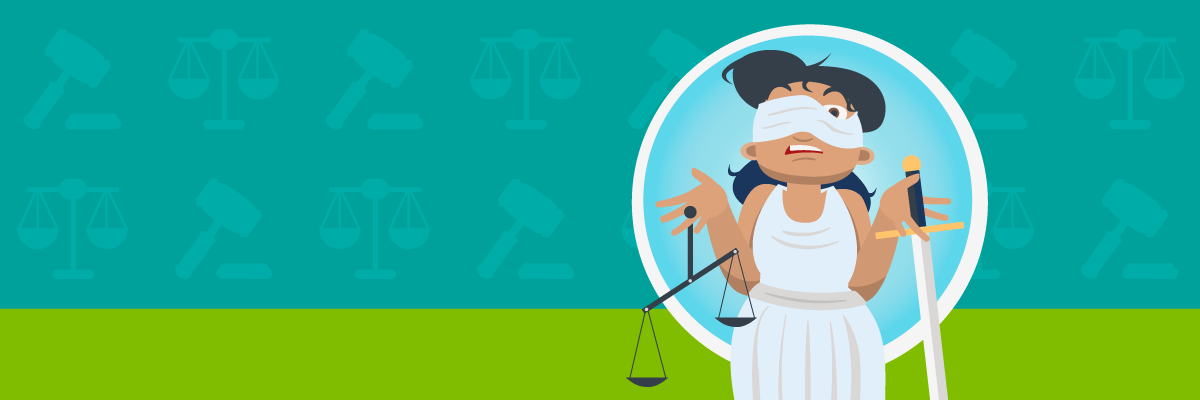
IDR Access Limited by SAVE Lawsuits
Updated: 02/13/2025
Lawsuits against the SAVE Repayment Plan grabbed headlines throughout July and August. Meanwhile, the impact on all income-driven repayment (IDR) plans has been underreported. Losing access to SAVE limits borrower’s options. Eliminating all IDR plans would be a seismic change.
SAVE (Saving on a Valuable Education) is one of several IDR plans offered by the Department of Education (ED). On Aug. 9, 2024, the 8th District Court of Appeals issued an injunction to freeze SAVE until the cases against it are settled. Unfortunately, the court’s language was so broad it could be interpreted as blocking the path to forgiveness built into all IDR plans.
To comply with the court’s order, ED has paused the SAVE Plan and altered the IDR application process. The department’s actions affect three distinct types of borrowers in different ways.
- If you’re enrolled in the SAVE Plan, your payments and interest are paused.
- If your IDR application hasn’t been approved, you must monitor your repayment status.
- If you need lower payments, you’ll have to make alternate plans.
If you fall into one of these categories, skip to the appropriate section below. We offer specific advice for each group on how to navigate the time between now and a final ruling on SAVE and IDR.
If You’re on the SAVE Plan
If you’re enrolled in the SAVE Plan (meaning your application was approved before July 1, 2024), your payments should be paused. Your account should also be in an interest-free forbearance. You will be in this forbearance until the legal situation changes.
If Your IDR Application Hasn’t Been Approved
Loan servicers are processing applications for some IDR plans, but not SAVE. Applications for SAVE won’t be processed while its legal status is pending.
If you submitted an IDR application and your loan servicer accepted it:
- Your loans should be in a 60-day processing forbearance. That means your payments are on pause but your loans WILL collect interest.
- If your IDR hasn’t been processed after 60 days, your loans will be put into general forbearance. Your payments will still be paused, but your loans WILL NOT collect interest.
You need to monitor your loans closely. Log into your loan servicer’s website as soon as possible and take the following actions:
- Check your account status. Make sure your loans are in forbearance. Loan servicers make mistakes sometimes. Don’t slip through the cracks.
- Update your contact info. Make sure your email, phone number and address are all up to date. Missing important notifications can lead to late payments and fines.
- Create a reminder. Note when your forbearance ends. Set an alert so you don’t get caught off-guard.
You can also check for news straight from the Department of Education. The Department will update this page as they respond to new court rulings. Fair warning: It’s jargon-heavy and a bit of a dense read.
Call your loan servicer directly if you can’t find answers on their website. Check out our tips for contacting your servicer and how to deal with long hold times.
Don’t assume your payments are paused. Late and missed payments will incur fines and be reported to credit bureaus. They may also lead to more serious consequences.
If You Need Lower Monthly Payments
There’s more than one way to lower your monthly payments. The Graduated and Extended repayment plans aren’t as generous as IDR, but neither is affected by ongoing court cases. Loan consolidation may also be worth exploring if you have multiple loans.
Visit the FSA Loan Simulator to research your options. This tool suggests solutions based on your actual loan data and repayment goals. It was updated in early October to reflect the current legal situation.
If an IDR plan seems like your best choice, you can easily apply online. Most people complete the application in 10 minutes or less. You can save and continue the application later, so you don't need to finish it in a single session. Read this section to learn what happens after you complete the form and how to monitor the status of your loans.
IDR applicants should also be aware of recent changes to the submission process:
- Your payments will be temporarily paused. After receiving your application, your servicer will automatically place your account in a 60-day processing forbearance. If litigation is still ongoing after the processing forbearance expires, you may be placed into a general forbearance until the courts make a decision about the SAVE Repayment Plan.
- Loan servicers are processing some IDR applications. For much of 2024, servicers accepted IDR applications, but couldn’t do anything with them. Each one was essentially thrown on top of an ever-growing pile.
That changed in January 2025. Loan servicers are now processing:- All IBR Plan applications
- ICR and PAYE Plan applications submitted by student borrowers and received before July 1, 2024
- ICR Plan applications submitted by parents who borrowed on behalf of their children (regardless of receipt date)
SAVE Plan applications continue to collect dust. They’ll likely remain in limbo until the program’s contested legal status is resolved.
Need Help?
If you have questions or need help managing your loans, call Student Connections. Our Borrower Advocates will listen to your needs and do their best to help. This service is paid for by schools across the country and is free to you. Call us today at (866) 311-9450.